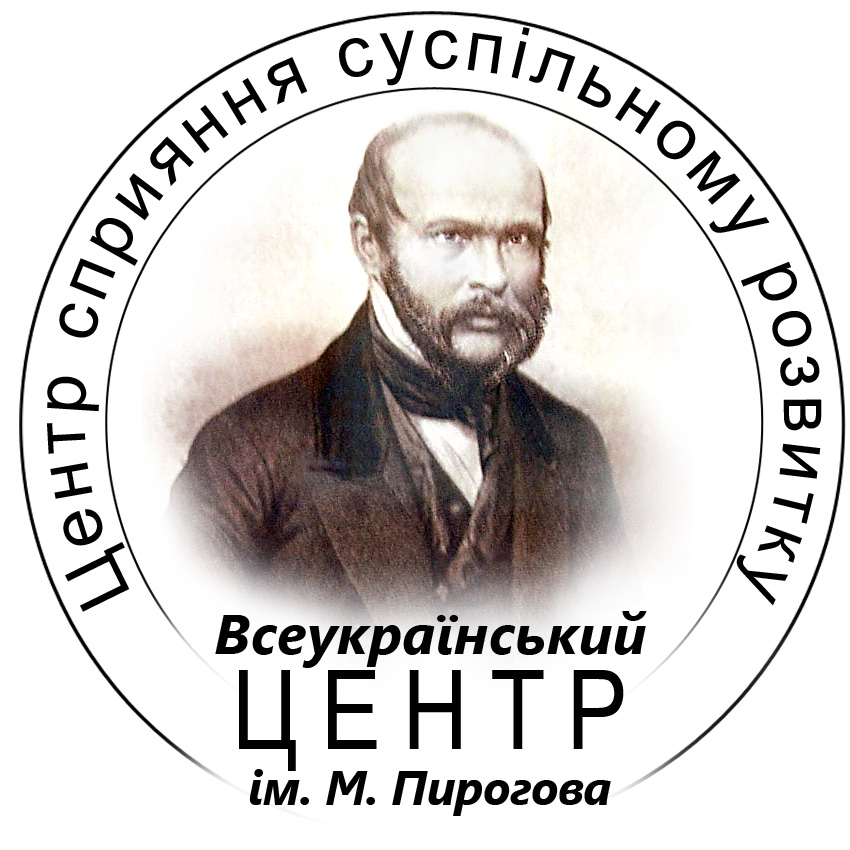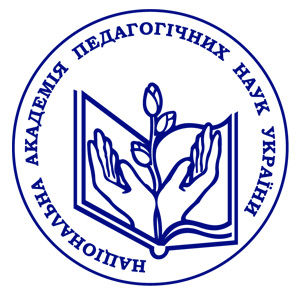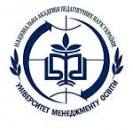Fairy tale as a factor in constructing the worldview and moral positions of Man
Keywords:
folk fairy tale, constructing behavior, classification of fairy tales, stages of human development, educational content of fairy tales, moral and semantic orientations, modelAbstract
For a long time, our people have put the center of education on imparting moral values and guidelines to children. Folk pedagogy has developed a unique means for moral education – the storytelling.
Our unstable time, when public opinion changes, proves the importance of preserving and passing the moral Code of our people to children. Constructing the future: social relations, self-image, is carried out on the basis of value orientations, namely, these orientations are laid out in a metaphorical form in folk tales. So, a fairy tale, as a carrier of the moral Code of the people, is becoming a curiously relevant educational means of the present. The article emphasizes that for the effective use of such a tool, one must pay attention to the moral and semantic orientations which are placed in the plots of folk tales, and divide them by age peculiarities of understanding information, taking into account the basic determinants of understanding (knowledge, experience, age, situation).
It should be noted that the effective method should be used with sufficient care not to harm the child. The development of the classification of fairy tales by social and psychological criteria gives the practitioners such tools that will help create a safe space for the child's development.
The article analyses the scientific research regarding the age-appropriate use of fairy tales.
According to the results of empirical and theoretical research, the author developed psychological and methodological principles of classification of fairy tales on the basis of social and psychological criteria. The model "Correspondence of the moral and semantic orientations of the fairy tale to social and age periods in human life" is also presented.

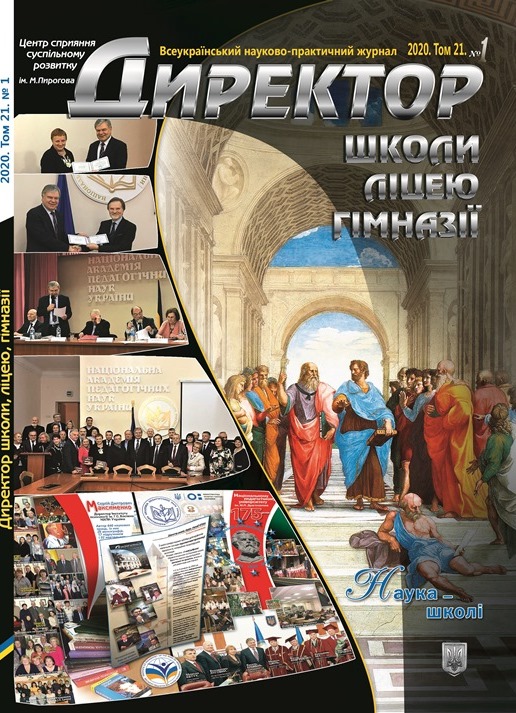
.png)
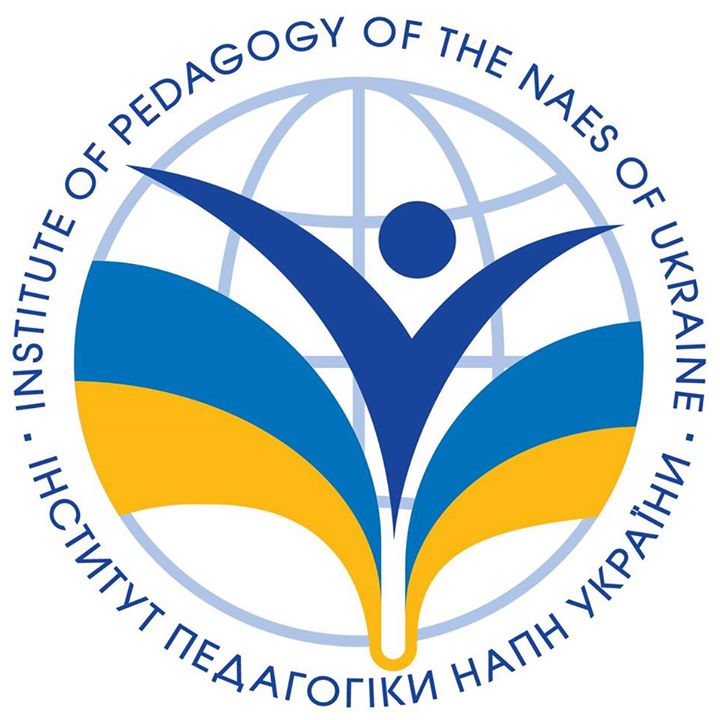

.jpg)
